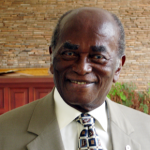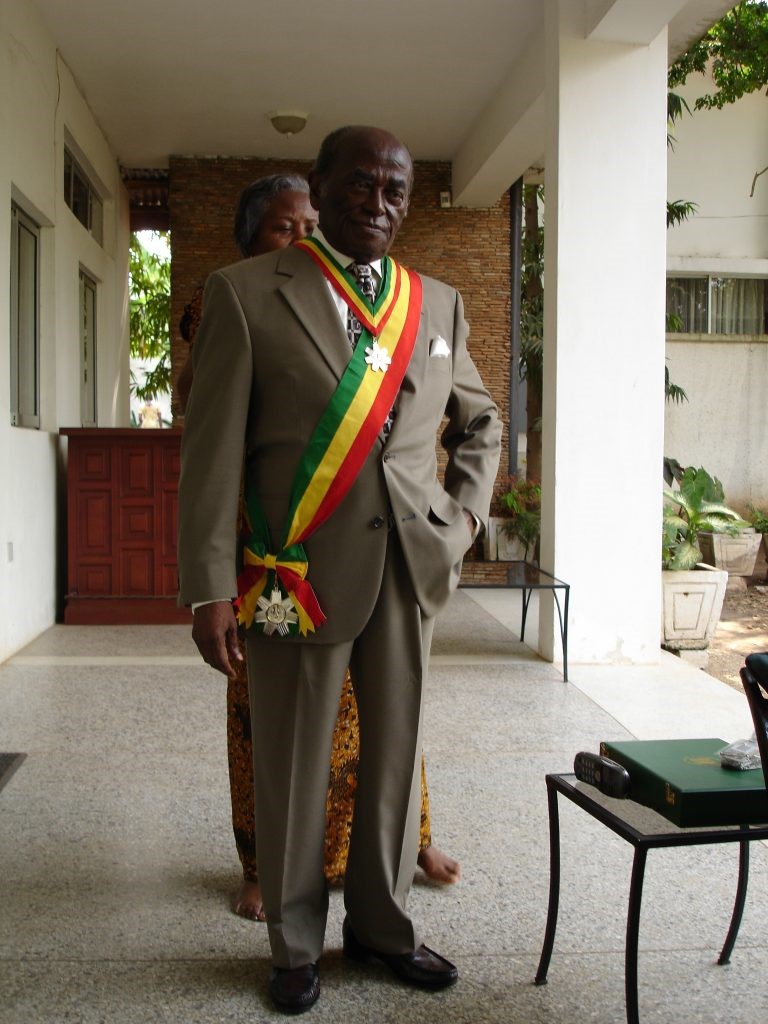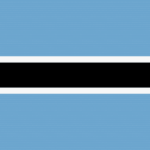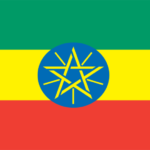
Frederick Torgbor Sai (June 27, 1924 – September 17, 2019) was a Ghanaian academic and a gender and reproductive health advocate, known for his campaigns and education drawing attention to the food and nutrition problems of Africa, particularly of women and children. He co-founded the Planned Parenthood Association of Ghana (PPAG).
Born in Osu, a suburb of Accra, in what was then the Gold Coast, Fred spent his early life with his mother, Emelia Shormeh Omaboe, and other female relatives after his father died when he was four. He went to local Presbyterian schools in Osu, then won a Cadbury scholarship to Achimota college, and in 1947 left for London, to study medicine at University College on a government scholarship. He graduated in 1953 in obstetrics and gynaecology, and completed his studies at Edinburgh and the Harvard School of Public Health.
Sai returned to Ghana after completing his training, and worked in Accra as a community health physician and as a medical officer with the Ghana government service, becoming deputy chief medical officer in 1961.
Frederick Torgbor Sai’s career spanned various prestigious institutions and organisations across Ghana and internationally. He served as the Director of Medical Services and Professor of Community Health at the University of Ghana. Additionally, he held positions such as nutrition advisor to the Food and Agriculture Organisation’s Africa Region, coordinator for the World Hunger Programme of the United Nations University, and Senior Population Advisor to the World Bank.
Sai’s career was marked by his tireless advocacy for family planning, reproductive rights, and public health, particularly in Africa. He co-founded the Planned Parenthood Association of Ghana (PPAG) in 1967, one of the first family planning associations on the continent. Despite facing challenges, including governmental opposition to contraceptives during Kwame Nkrumah’s presidency, Sai persisted in his efforts, eventually seeing success with the lifting of bans on contraceptives.
Sai’s impact on society and the industry was profound and far-reaching. His advocacy work led to significant policy changes in Ghana, such as the provision of subsidised family planning services by the government under the Free Maternal Health Policy in 2007. He played a crucial role in establishing the Planned Parenthood Association of Ghana, which continues to provide sexual and reproductive health services and family planning programs.
Internationally, he was instrumental in setting up the Africa Regional Office of the International Planned Parenthood Federation (IPPF) and the Centre for African Family Studies (CAFS) in Nairobi. His leadership roles in various organisations, including the IPPF, the World Bank, and the Ghana Academy of Arts and Sciences, further solidified his influence in shaping global health and population policies.

Prof. Frederick Torgbor Sai’s legacy lies in his lifelong dedication to improving the health and well-being of women, children, and communities in Africa and beyond. Through his work, he advocated for women’s reproductive rights, promoted gender equality, and fought against preventable deaths and illnesses related to childbirth and malnutrition. His contributions have left an indelible mark on public health policy and practice, earning him numerous awards and honours, including the United Nations Population Award and the Order of the Star of Ghana. Prof. Frederick Torgbor Sai died on September 17, 2019, at the age of 95.
EA EDITORS




